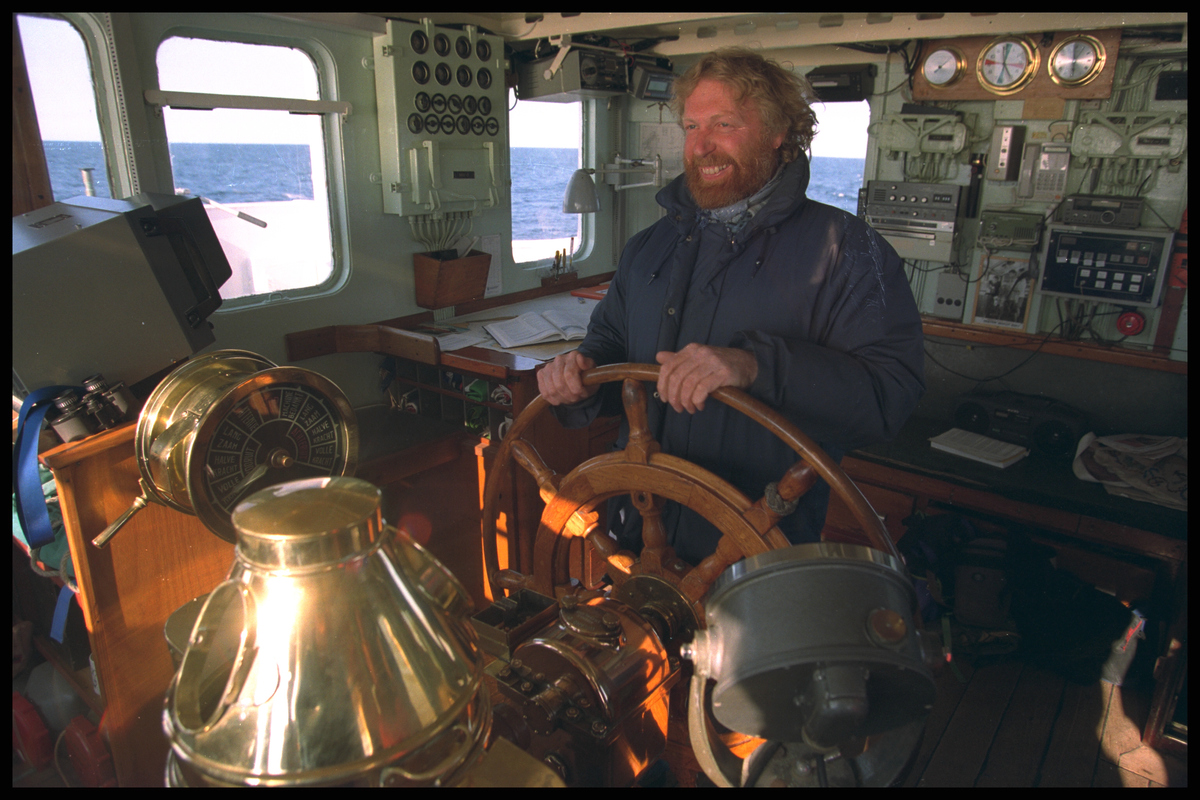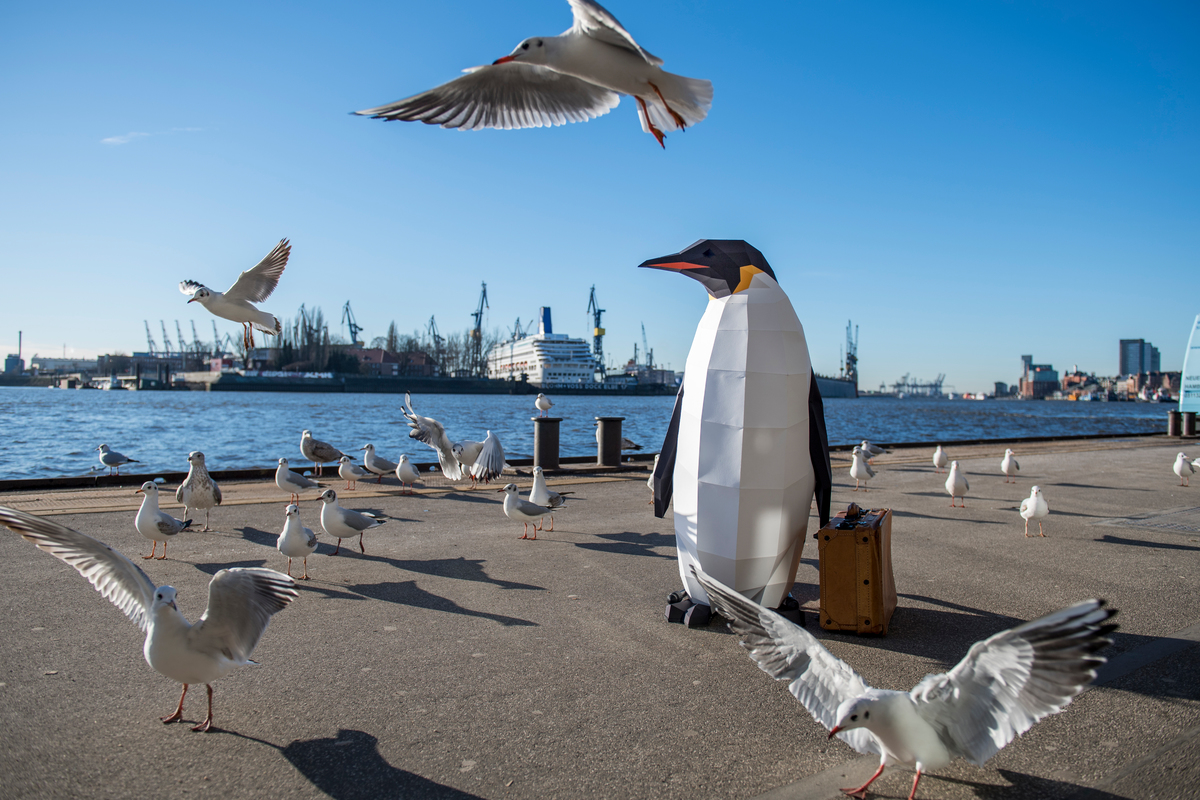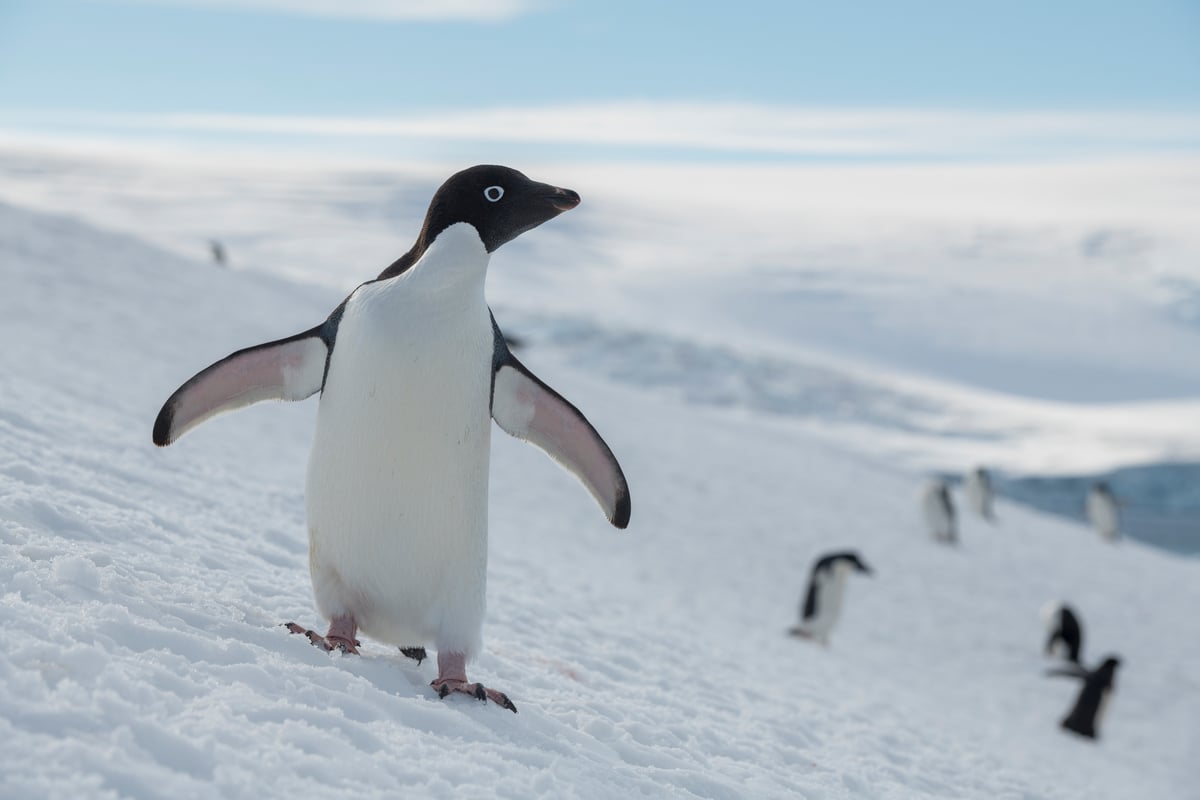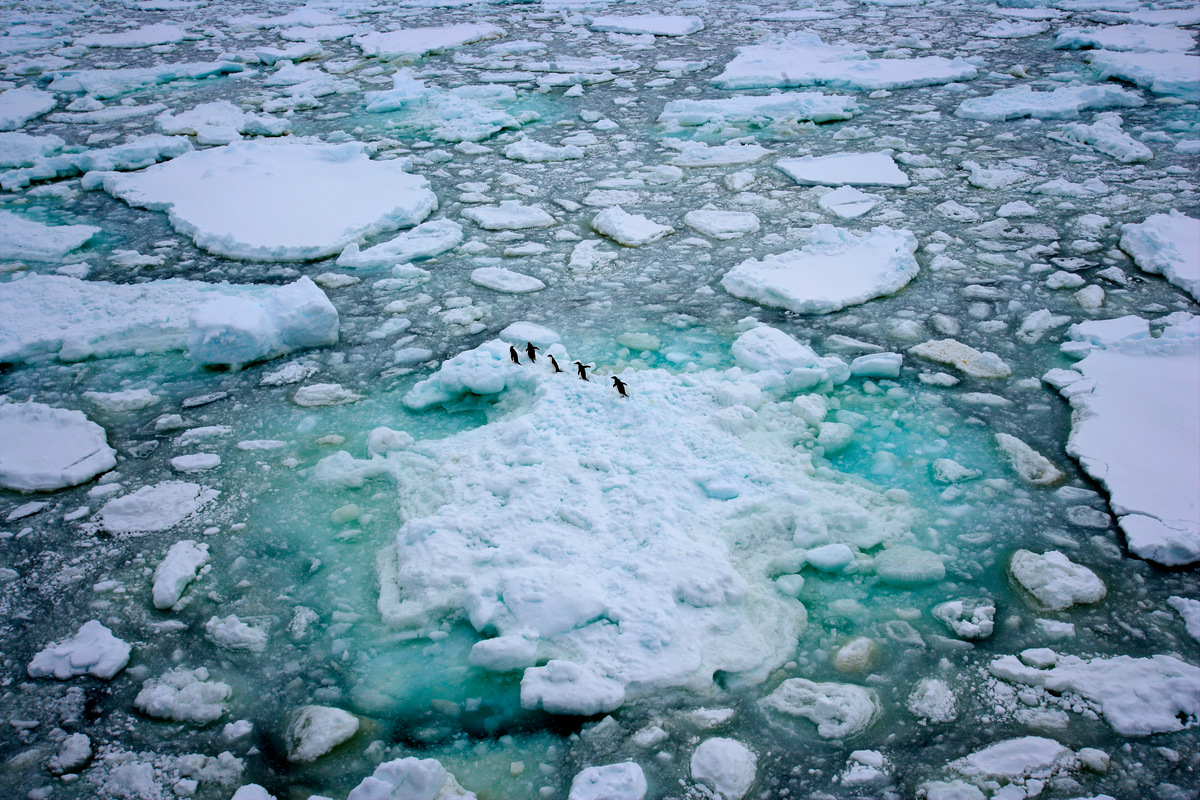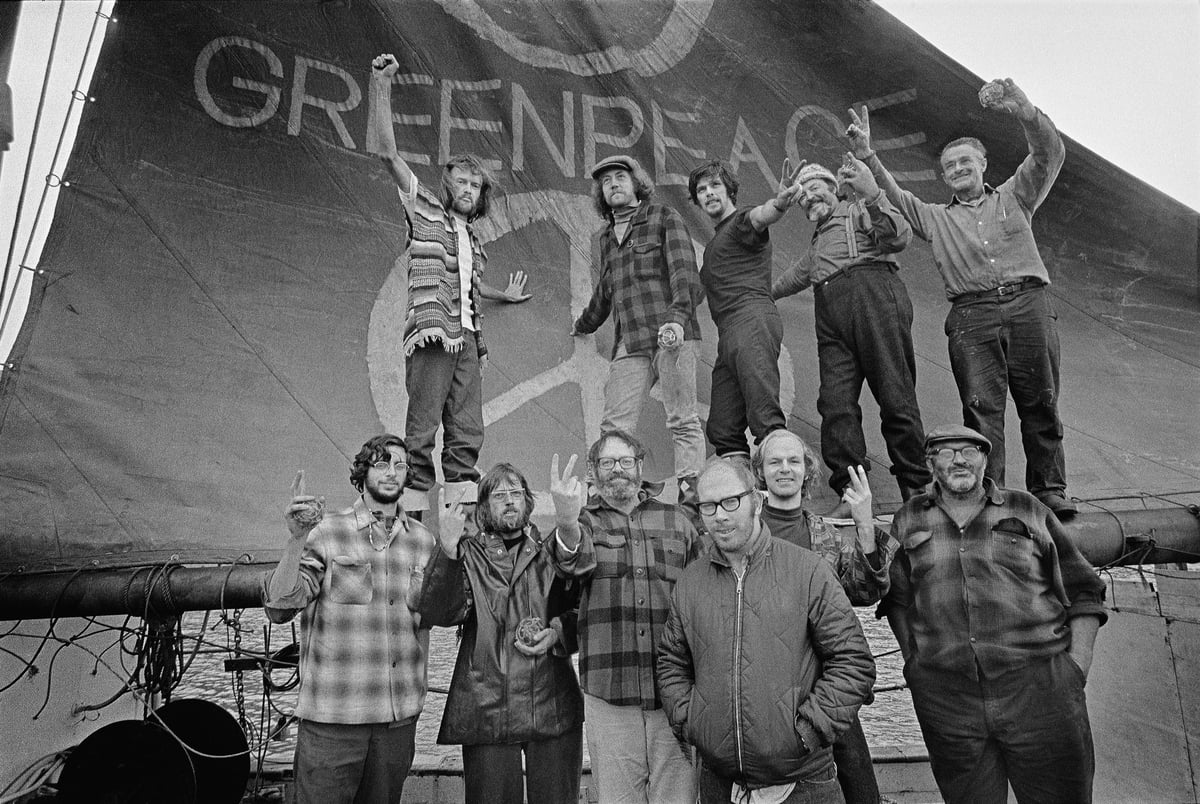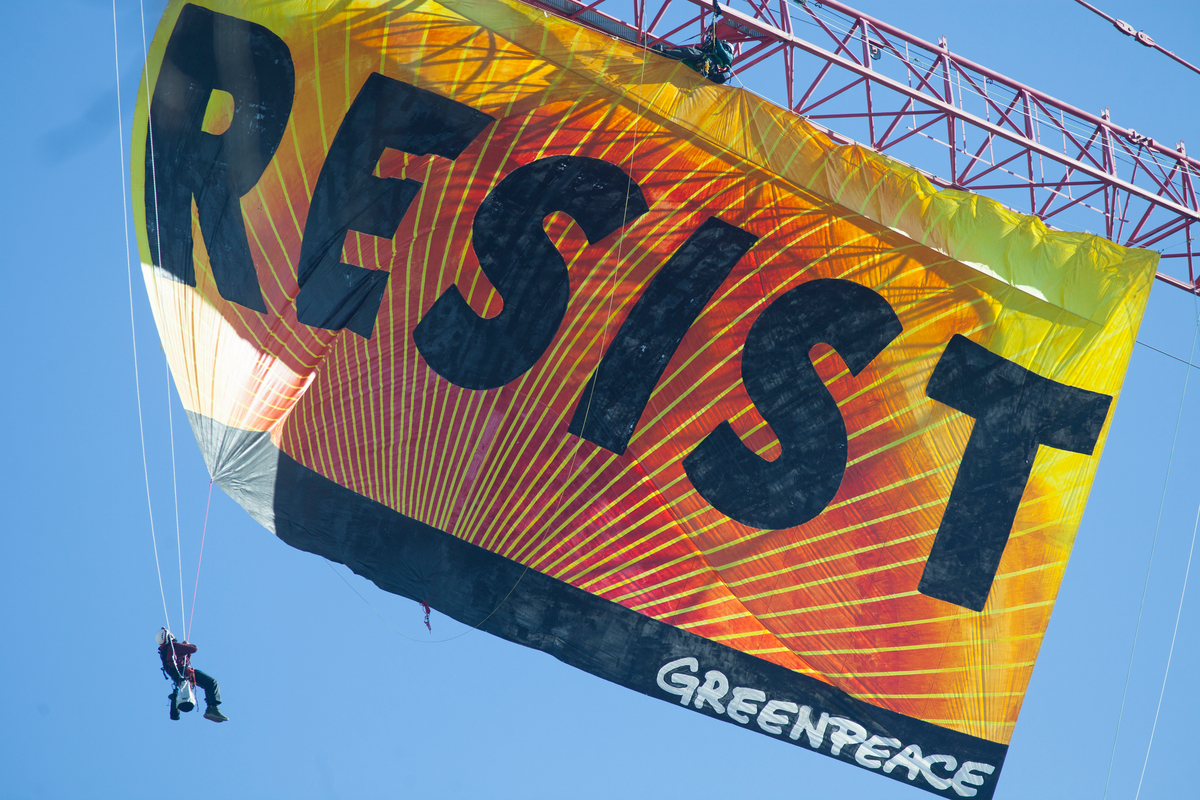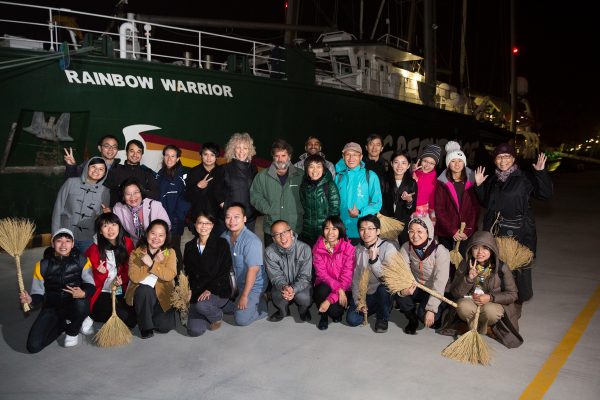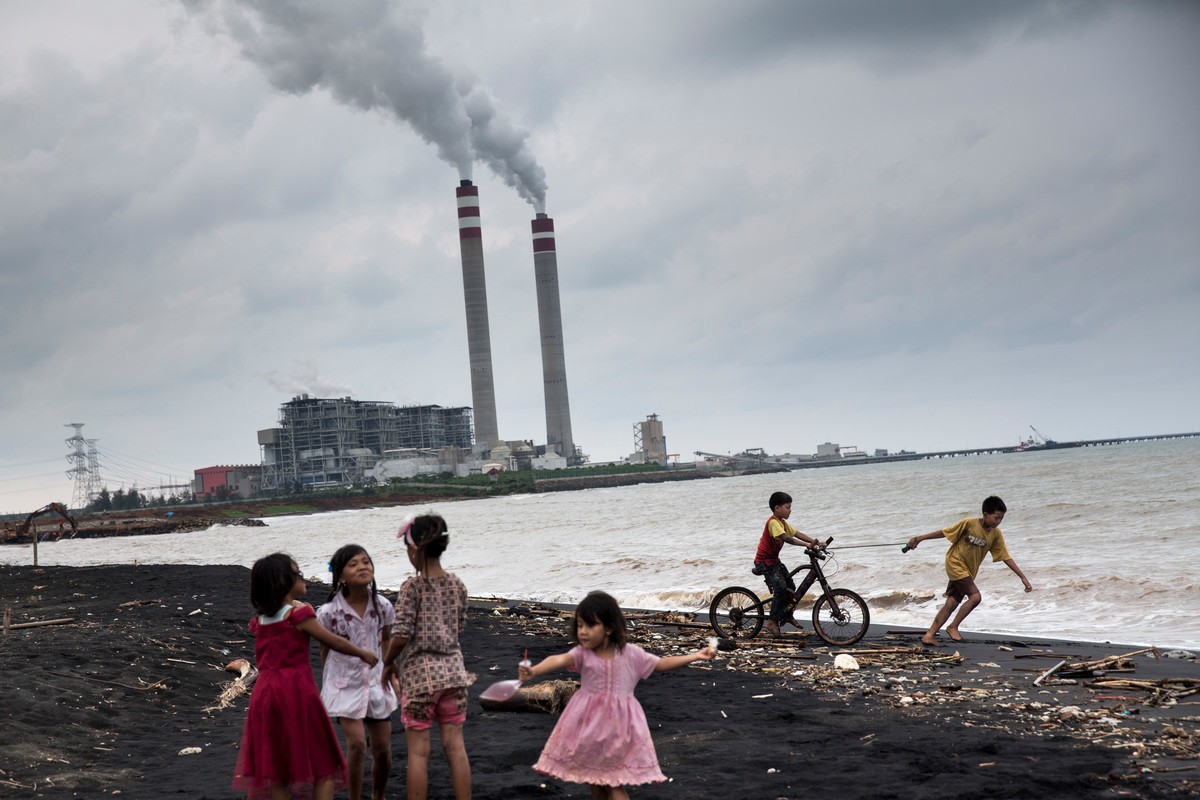All articles
-
A tribute to Jon Castle
Over four decades Captain Jon Castle navigated Greenpeace ships by the twin stars of ‘right and wrong’, defending the environment and promoting peace. Greenpeace chronicler, Rex Weyler, recounts a few of the stories that made up an extraordinary life.
-
The Rise of the Penguins
Last Saturday (which also happened to be Penguin Awareness Day) penguins across the world stood up in force to support an ocean sanctuary in the Antarctic.
-
Which is the Antarctic’s top penguin?
Not every penguin is up to the challenge of living in the Antarctic, but those that do are a special sort of awesome. Remember, they don’t have the luxury of being able to fly away again if the weather turns bad.
-
March of the penguins
This morning, people around the world are waking up to pictures of penguin sightings across the globe. The penguins have been spotted travelling on trains, arriving at international airports and at iconic landmarks. From Sydney to Buenos Aires and from London to Johannesburg, the question on everybody’s mind - what are they here for?
-
Setting sail to protect the Antarctic
As I write this, the Greenpeace ship Arctic Sunrise, is sailing South. For the next three months, the crew will be working alongside a team of campaigners, photographers, film-makers, scientists and journalists from across the globe to build the case for the world’s largest protected area: an Antarctic Ocean Sanctuary
-
A Brief History of Environmentalism
Anthropologists have found evidence of human-induced animal and plant extinctions from 50,000 BCE, when only about 200,000 Homo sapiens roamed the Earth. We can only speculate about how these early humans reacted, but migrating to new habitats appears to be a common response.
-
World scientists’ warning to humanity
Environmental activists and organisations typically try and stay positive, to give people hope that we can change. Positive signs exist, going back to the historic whaling and toxic dumping bans of the 1980s. The 1987 Montreal Protocol, reducing CFC gas emissions, led to a partial recovery of the ozone hole. Birth rates have declined in…

